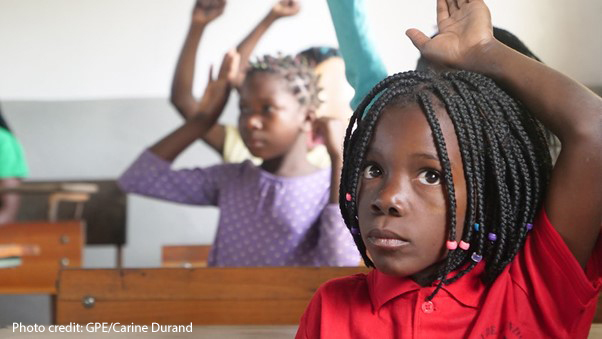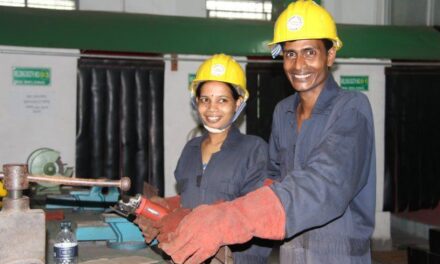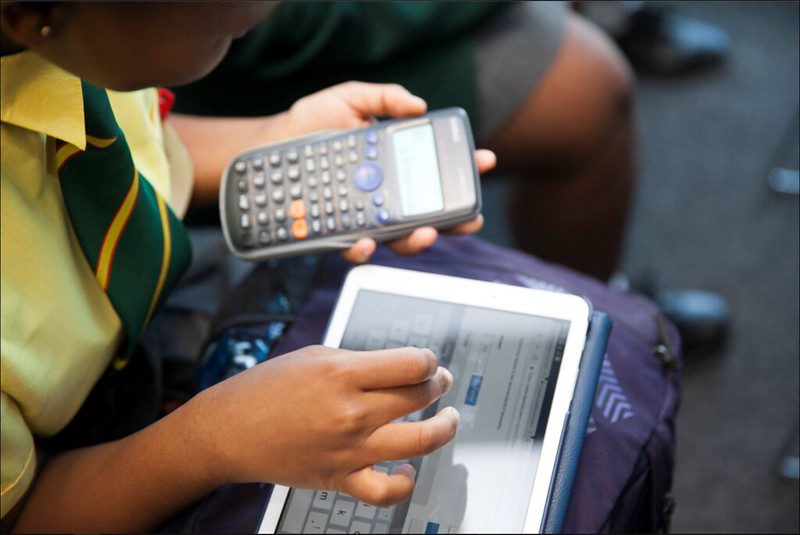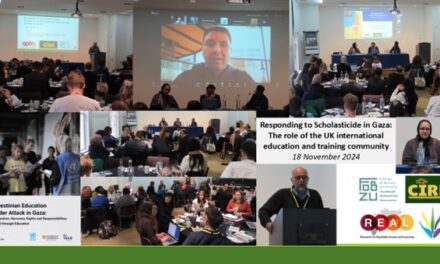This blog was written by Wendy Kopp, CEO and Co-founder of Teach for All, in the lead up to the Transforming Education Summit. It was originally published on 19 September 2022 on the Diplomatic Courier website.
The Transforming Education Summit will be the first time there has been such a high-level meeting to mobilize political ambition, action, and commitment for achieving Sustainable Development Goal 4: ensuring quality education for all. We cannot afford to miss this opportunity.
As a result of the worst shock to education and learning in history, “learning poverty”—the percentage of 10-year-olds unable to read and understand a simple written text—has increased to 70%, according to the World Bank. Moreover, there is a growing consensus that we need to not only reform education systems so that all students gain academic skills, but also transform them towards a broader purpose of preparing young people to navigate uncertainty and lead—so they can shape careers in a changing economy and contribute to the wellbeing and sustainable development of people and the planet.
But how will we put ourselves on a path to ensuring that all children have the education and support they need to shape a better future for themselves and all of us? In addition to calling for enlisting youth, parents, and communities as partners, increasing funding for education, and leveraging technology as a force for equity and excellence, the Summit’s conveners rightly identify the importance of strengthening the education workforce.
This is of crucial importance. Transforming our education system will require new technologies, strong curricula, better facilities, and all sorts of other technical interventions—but if we don’t attend to the development of the people in that system, we won’t see all these investments add up to the progress we want to see.
We must not underestimate this challenge. It is steep because everyone working in education today is a product of this same system; in order to achieve the kind of transformation we seek, we won’t just need to adopt new practices and approaches, we will need to focus just as much on unlearning mindsets and perspectives shaped by an outdated system.
A few years ago, the Teach For All network set out to understand what was going on in classrooms where students are developing not only the academic mastery, but the agency, awareness of themselves and the world, problem solving and critical thinking skills, sense of empathy and connectedness, and personal well-being that they will need to shape a better future. We asked hundreds of teachers from around the world who were fostering these broader outcomes to journal their development as teachers. We saw striking patterns, and then worked with these teachers and other students, parents, and teacher educators to make sense of them. We found that truly transformational teachers see their students, themselves, their communities and the nature of their work in common ways that are different from conventional perspectives.
These teachers had gone through experiences that had changed how they saw their students. Instead of seeing them simply as recipients of the learning provided in the curriculum, they started to see them as whole people who are capable of shaping their own lives and the world around them.
These teachers started to see that they had just as much to learn from their students as the other way around, and to see themselves as lifelong learners who respond to challenges with curiosity, humility, and creativity. They saw the marginalized communities in which they work as sources of power and wisdom, and recognized that lasting change requires authentic partnership with students, families, and other educators. And, they came to see the challenges they face as being caused at a systemic level, rather than by problems inherent in the students and communities themselves, and therefore saw their work as challenging the root causes of injustices that inhibit students’ potential.
Our studies are demonstrating that teachers with these perspectives employ a different approach to teaching and learning—one centered on relationships and student-owned discovery learning. In turn, these actions change the outcomes in classrooms.
To transform education, we will need to develop this kind of leadership not only in teachers, but in everyone—from young people and their parents, to school leaders and policy makers, to social innovators, philanthropists, and civic leaders.
This will require a lot of unlearning how we were taught, and learning a new way of thinking and being. As we saw in our teacher study, global networks that enable us to learn from each other across communities and countries can help. They enable faster progress because they bring people with diverse perspectives together and enable the sharing of approaches and the rapid identification of patterns for success.
As encouraging as it is to see heads of state and ministers of education put their focus on creating the transformation needed to end learning poverty and meet our promise to the world’s children, this meeting alone will not be enough. Systems don’t change through top-down approaches and commitments, but through the collaboration of all of us—teachers, students, community leaders, governments, and civil society. Let’s commit to unlearning and coming together to create the transformation we need to shape a better future for us all.





